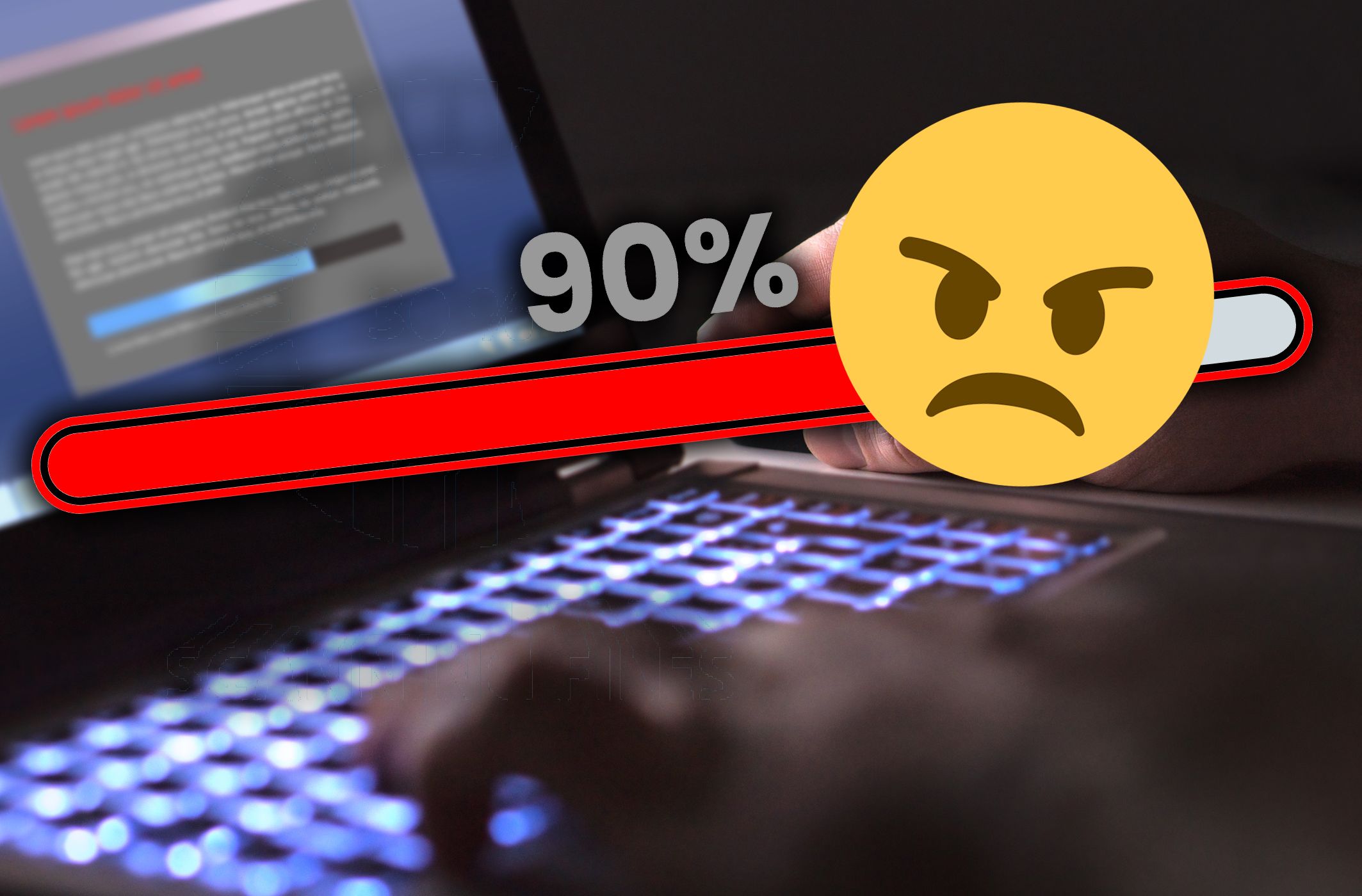
An antivirus protects you from malicious actors and programs that try to access your devices, files, or data. However, some antivirus solutions are notorious for behaving like the very threats they claim to stop. They can slow down your computer, cause frequent freezes, and sometimes install unwanted secondary tools.
4
McAfee
The antivirus bundled with your PC
If you’ve just bought a Dell or HP computer, chances are that the manufacturer has McAfee preinstalled, already there, waiting for you. You turn on your computer for the first time, and McAfee is already running, consuming system resources before you even finish setup.
McAfee has a very poor reputation. Even its founder, John McAfee, became a huge critic of the product in his later years. He publicly talked against it and even made a widely shared video showing how to uninstall it.
One of the worst issues is the constant upselling with pop-ups and scare tactics that try to push you into upgrading. These notifications are disruptive and harm productivity.
According to McAfee’s privacy notice, it collects broad telemetry and personal data, including purchase and demographic information, as well as data from chats/forums/surveys. Its data collection makes me uncomfortable, as many of these data points seem too personal.
You might think uninstalling is the easy fix. Unfortunately, it often leaves behind services and files that are hard to remove, and you may need McAfee’s own removal tool to remove them entirely.
3
Norton
The resource hog that feels more like malware
This was one of the first antivirus programs I ever used, but what stood out was the performance drop on my computer. Everything seemed to stall: boot time, web browsing, and installations.
That said, there are other problems that make this antivirus feel more like malware than an antivirus tool. For example, Reddit users report aggressive upselling and nagware, which is hard to ignore. The pop-ups were excessive even on a fully paid-for tool.
Just like McAfee, you need to jump through hoops to remove Norton from your computer. In fact, you may need the Norton Removal and Reinstall tool for this process. When a product has a separate uninstallation tool, it suggests the product is designed to make opting out unnecessarily difficult.
Norton has changed over time, that’s for sure. A 2022 WIRED report revealed that Norton bundled a crypto-mining feature into its antivirus software, and it allowed users to mine Ethereum on their PCs. However, even though this was marketed as an optional feature, Norton kept a 15% cut of the gains, and some users claimed to have trouble disabling it once enabled.
Norton’s privacy policy states that it collects credit or debit card and bank account information, retains audio call recordings, chat logs, driver’s license numbers, social security numbers, and national IDs. The question is, how much personal data does an antivirus really need to keep?
However, leading antivirus comparison site AV-Comparatives found that Norton has turned a corner and now ranks highly for performance, but it’s still hard to forget those early, performance-sapping days.
2
Avast/AVG
An antivirus that collects more data than it should
I am bundling Avast and AVG together because they have been the same company since Avast acquired AVG in 2016. Avast is another antivirus that you often find bundled with new hardware by manufacturers. So, whether you like it or not, it could still end up on your computer. If being sold alongside hardware were the only issue, it might be forgivable.
Avast’s history of harvesting and selling user browsing data is well-documented by the FTC, and some critics argue thatthis behavior is akin to spyware. It sold this data to third parties, like Omnicom, the advertising conglomerate. And even though Avast’s CEO apologized (as per Tech Monitor), when an antivirus company mishandles user data, it’s not easily forgiven.
Add to this the constant upgrade notifications you receive from this antivirus, which often feel spammy, and you may begin to understand why Avast’s reputation is questionable at times.
1
Kaspersky
A powerful antivirus banned in the US
If you are looking for an antivirus that can remove some of the hardest malware, Kaspersky is the best in class. I rate it alongside ESET as having the strongest malware removal capability of all the antivirus software I have used.
So why do I believe it may sometimes act maliciously? Any tool that has deep access to your computer and is linked to a government can potentially be used for surveillance. The U.S. government has alleged that Kaspersky is a spy tool for the Russian government. Kaspersky has denied these claims, but if true, it would make it a serious threat to data privacy.
I still love Kaspersky for its effectiveness, but spyware is a serious concern. And to be fair, it would be the same concern if any other government had control over any other antivirus.
With antivirus programs, the point isn’t about how effective they are at removing malware; it’s about trust. If I can’t trust a privacy and security tool to be responsible for my data, it gets a vote of no confidence.